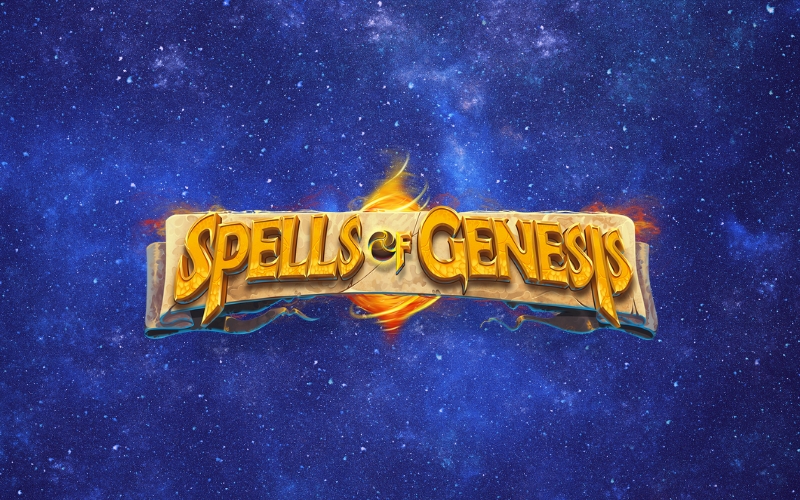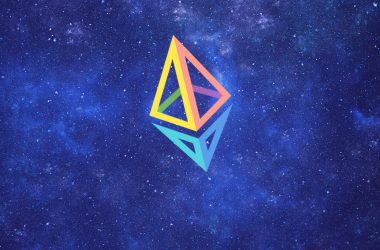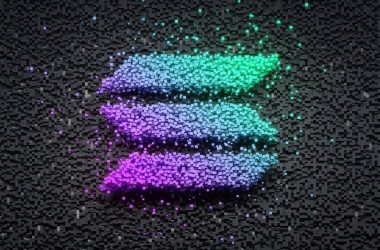- Spells of Genesis mixes point-and-shoot mechanics with card selection to deploy attacks.
- Players pick and buy off-chain cards and can turn them into NFT only after upgrading.
- The Spells of Genesis gameplay requires Crystals earned in the game to upgrade cards.
Spells of Genesis is a newly trending game with some similarities to Gods Unchained. Card-based battle strategy with ownership is boosting this game’s presence among the most visited projects in the past day.
The game is now expecting a new batch of NFT cards coming this February, to boost the variety of plays available.
Spells of Genesis combines several mechanics into one fantasy-themed package. Players move in the world of Askian, where they meet their opponents. The chief goal is to build a powerful team and a deck of skills, then meet opponents and enemies in a point-and-shoot style of quest game.
What makes Spells of Genesis different is that card collection is a key feature in the game. Players will need to acquire in-game cards, similar to Web2 pay-to-play games. But those cards can also be made into blockchain-based NFT for additional protection and permanence.
The game is already live as an Android app, iOS app and as a desktop gme, though it is just starting out in terms of downloads and engagement. Spells of Genesis is one of the games to offer a regular presence and chances of battle, similar to Crazy Defense Heroes, Heroes of Mavia, Gods Unchained and other combinations of strategy and card games.
Spells of Genesis is still using the Ethereum network, though most of the cards can stay within the game and rarely require a blockchain transaction.
Upgraded Cards Go on the Blockchain
Players also earn Crystals, which can go toward upgrading their playable cards. Common cards can be upgraded three times, rare cards have four levels, and epic cards have five potential levels for improvement and added power. Cards of equal power can also fuse to level up. Cards that are not needed can be sold back for crystals, thus letting players readjust their attack strategies.
Cards can be put on the blockchain, but the process is reserved only for the very rare, fully powered and fused cards. Players pay in Crystals, with fees varying by demand, and there is a limit of three cards on the blockchain per month.










